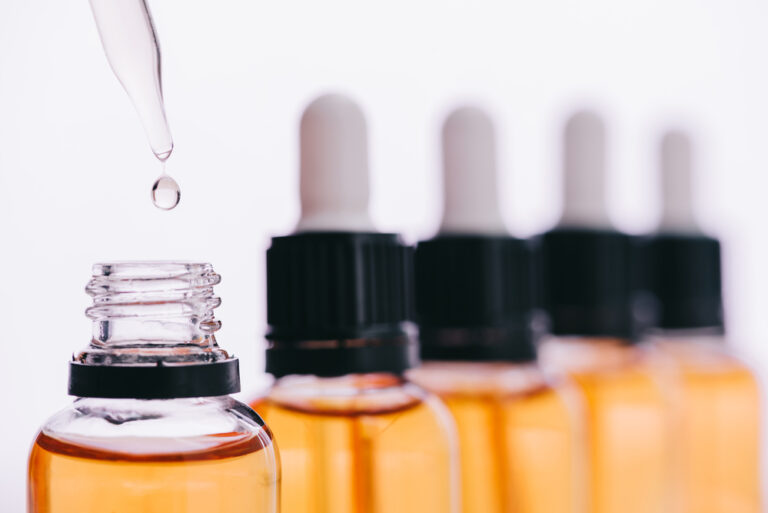CBD is short for cannabidiol, which is the non-psychoactive component of cannabis. It’s extracted from the plant and it offers many health benefits if you’re looking to improve your quality of life or suffer from chronic pain. There are many things one needs to know before they start selling it online, like where to find high-quality hemp oil, making sure your packaging looks good, and more!
A new trend has emerged in recent years: CBD oil. CBD comes from a specific variety of cannabis plants that have been bred for their high concentrations of cannabidiol (CBD) content. Cannabinoids are chemical compounds found in these varieties that bind with receptors on cells throughout the body. Some cannabinoids produce psychoactive effects, but not CBD.
In recent years, with the legalization of marijuana in some states, more and more people have been looking for different ways to ingest hemp. Hemp oil is a natural botanical concentrate containing a vast amount of CBD. Anyone who wants to take natural supplements should consider buying raw CBD oil for sale . However, there are some things you should know before you start selling CBD oil.
Looking for a third-party logistics company to handle your CBD order fulfillment? Click to learn more.
Is It Legal to Sell CBD?
Although CBD oil and CBD products are becoming increasingly popular, there is a lot of controversy surrounding them. There is still much to be learned about the effects of CBD on the body, and many people believe that it must be regulated carefully to avoid potential side effects and abuse.
On the federal level, hemp was classified as a schedule I controlled substance under the Controlled Substances Act of 1970.
The passage of the Hemp Farming Act of 2018 which was signed into law by President Donald Trump in November 2018, introduced a new legal channel through which certain types of CBD can be considered legal. The Act removed industrial hemp plants from its earlier status as a controlled substance, shifting oversight from the DEA to the FDA.
Under federal law, CBD that is derived from cannabis plants with more than 0.3% THC is considered illegal and remains a Schedule I substance.
CBD oil derived from plants with less than 0.3% THC do not carry the same legal restrictions or Schedule I classification.
Is It Legal to Ship CBD Oil?
The legality of shipping CBD oil within the US is a bit of a grey area. The FDA has not expressly stated whether CBD and hemp oil falls under its purview, and the DEA isn’t very pressed on enforcing cannabis legislation for low-THC plants like hemp — especially because hemp’s THC levels are actually legally defined as 0.3 percent or less in most parts of the US.
Because of this, many people believe that it’s legal to ship CBD oil within the US. However, since hemp can sometimes fall under both state and federal laws, you should check the laws of the individual states you are selling in to make sure you are complying with their local mandates.
CBD is currently illegal in Nebraska, South Dakota, and Idaho.
It is legal, but with restrictions in Wyoming, Wisconsin, Iowa, Indiana, Kentucky, Kansas, Texas, Tennessee, Mississippi, Alabama, Georgia, North Carolina, South Carolina, and Virginia.
Shipments must also abide by their respective carrier or shipper’s terms and conditions.
USPS
The USPS requires you to sign a self-certification statement that verifies that you are selling legal CBD and that your supplier uses industrial hemp. The supplier must be licensed by the Department of Agriculture of the state from which you are shipping.
UPS
In order to ship CBD by UPS, you must be able to state where the raw materials were grown, provide an explanation for how they were processed to manufacture the end product, and verify who shipped the product to the supplier and how it was then delivered from the supplier to you.
DHL
In order to ship CBD products through DHL, they must contain less than 0.3% THC on a dry weight basis, the shipper is responsible for complying with all federal, state, and local laws, the shipper must retain records of complying with those laws, and the packaging cannot contain any branding or labels that indicate the contents.
Compliance with these restrictions is not required at the time of shipping but can be requested by DHL at any time.
FedEx
FedEx has a list of products that it doesn’t allow including hemp plants, hemp oil, seed oil, and CBD derived from hemp, however some of its language around CBD oil is pretty vague.
Remember these policies are subject to change, so you will want to verify the most up to date policies and procedures with each of these carriers before you start shipping.
For more information about how ShipBuddies can help with your order fulfillment, request a quote today.









